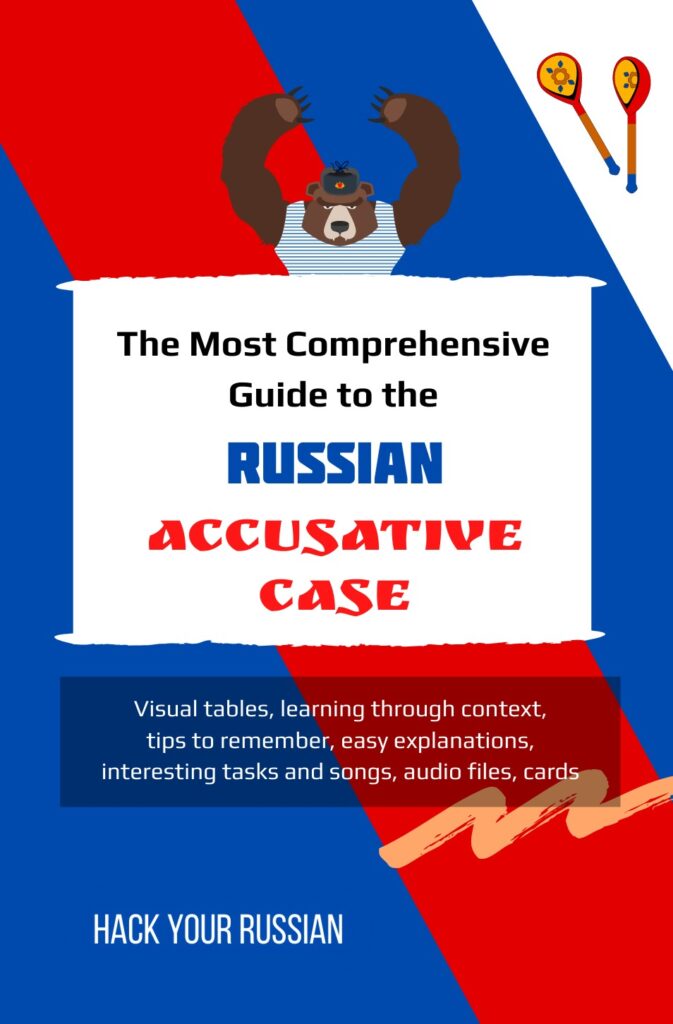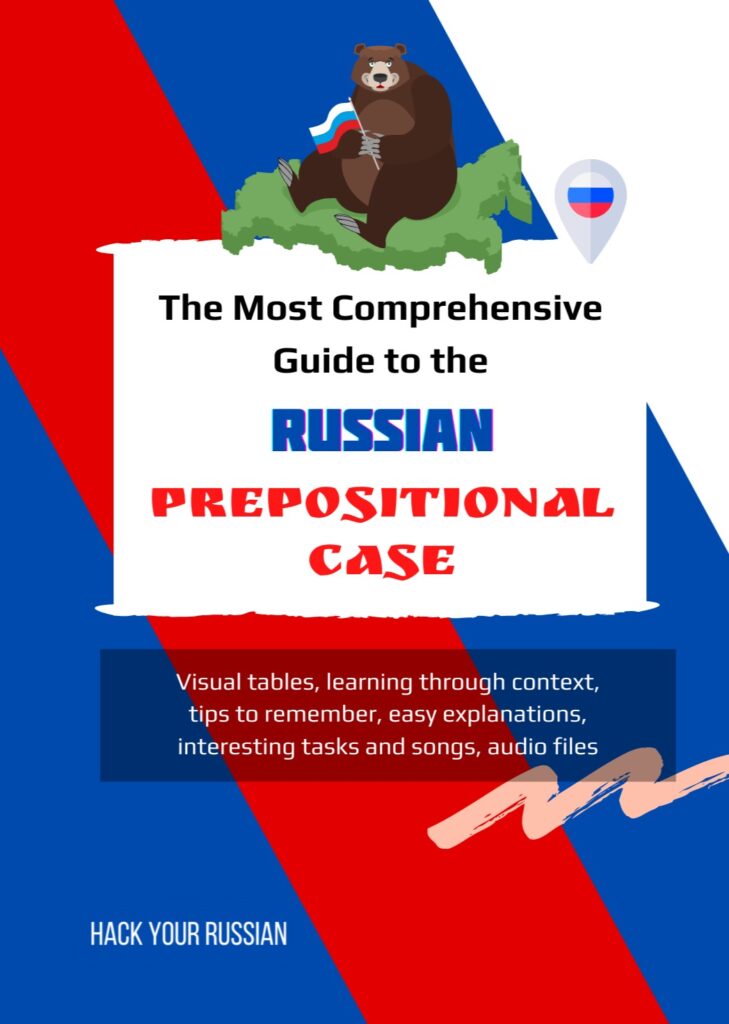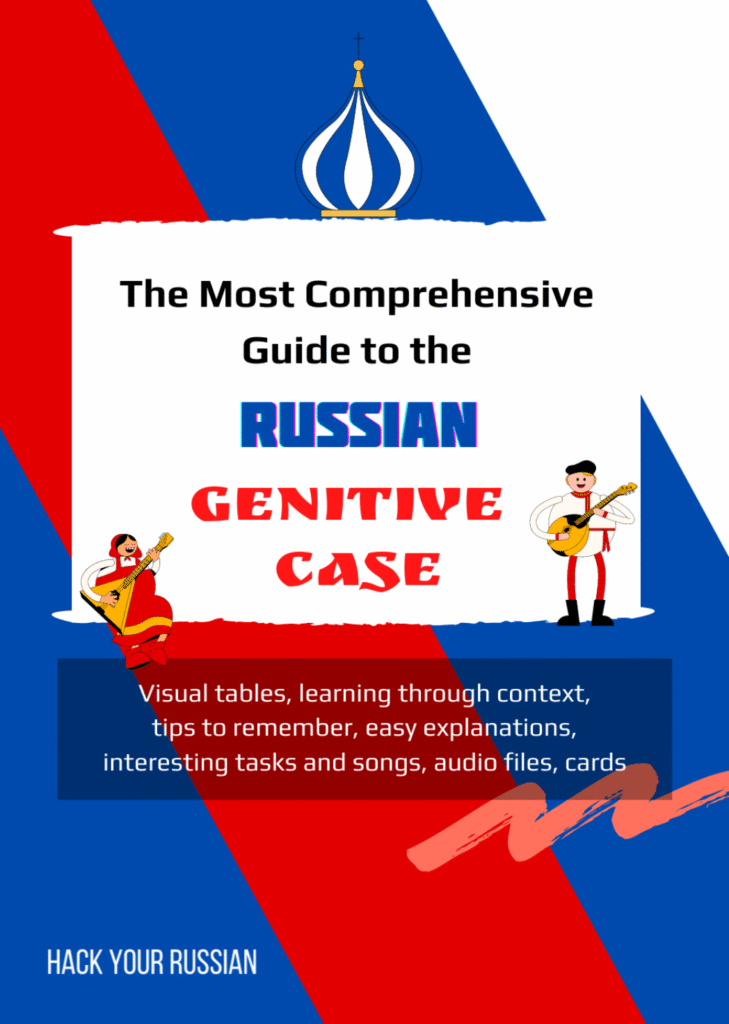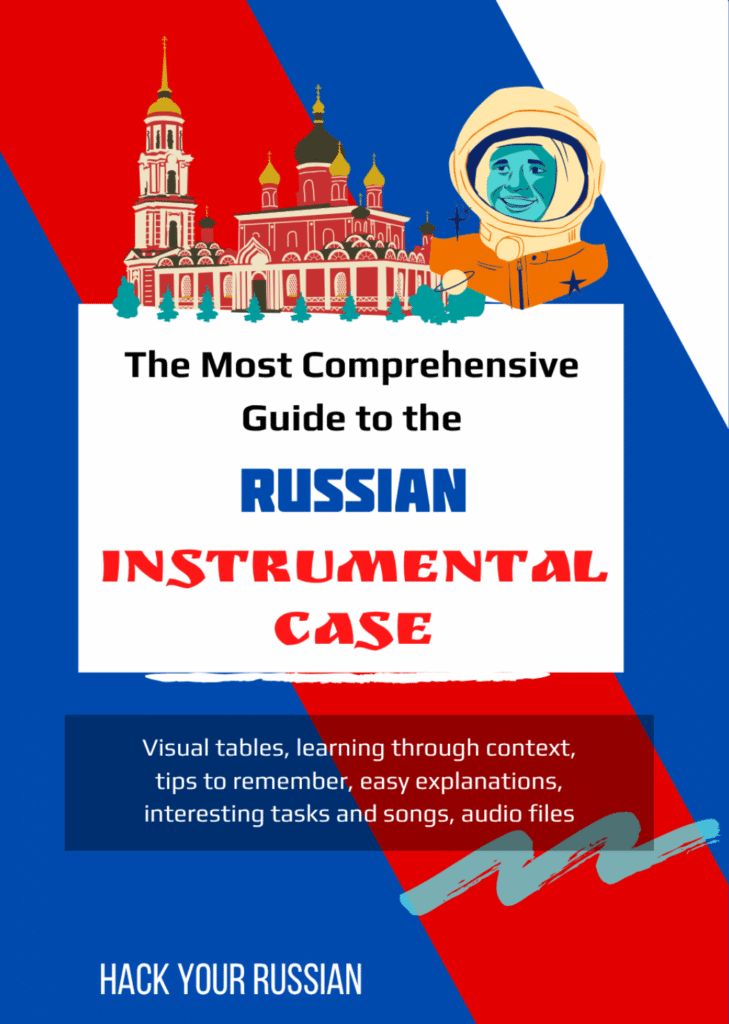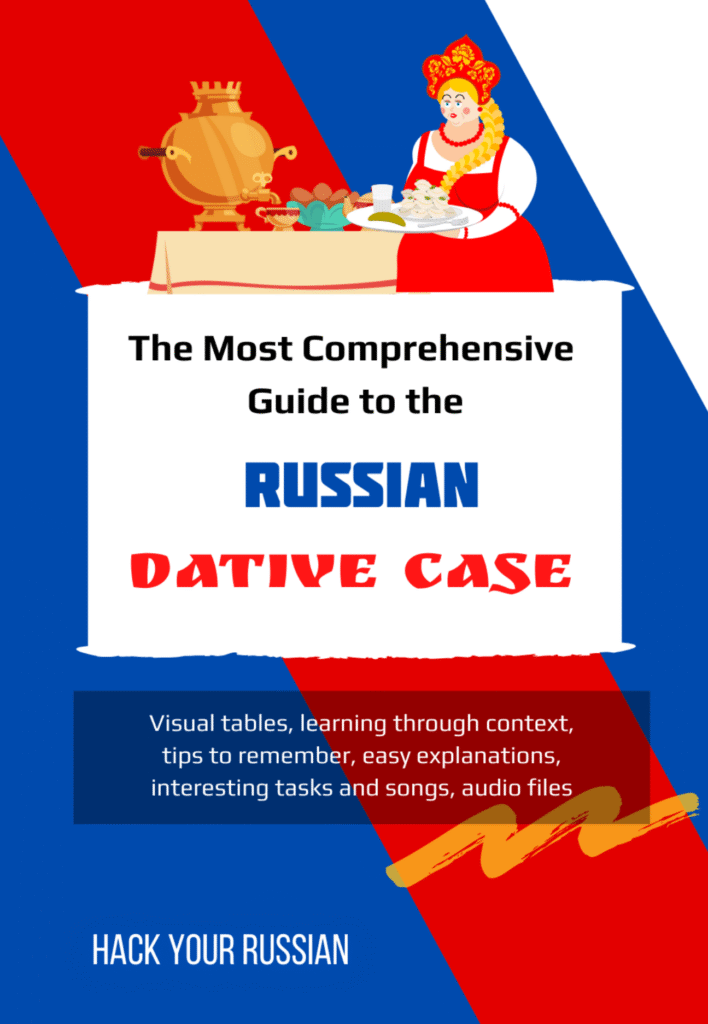List of Russian-English false friends (cognates) with English translation
Did you know that there are many false Russian-English friends or as we should call them “false cognates”. False Russian cognates are the words that sound and look almost the same in English language but have a completely different meaning. So, these are not real cognates that have the same meaning in both languages (You can read my post on Russian-English similar words and cognates to learn 800 Russian-English similar words at once).
So, I believe that you understand the importance of knowing these false cognates in order to avoid some awkward and funny situations if you use one of these false cognates inappropriately. Let’s have a look at these Russian-English false cognates and you will see yourself how tricky they can be.
Here is a list of Russian-English false friends and cognates
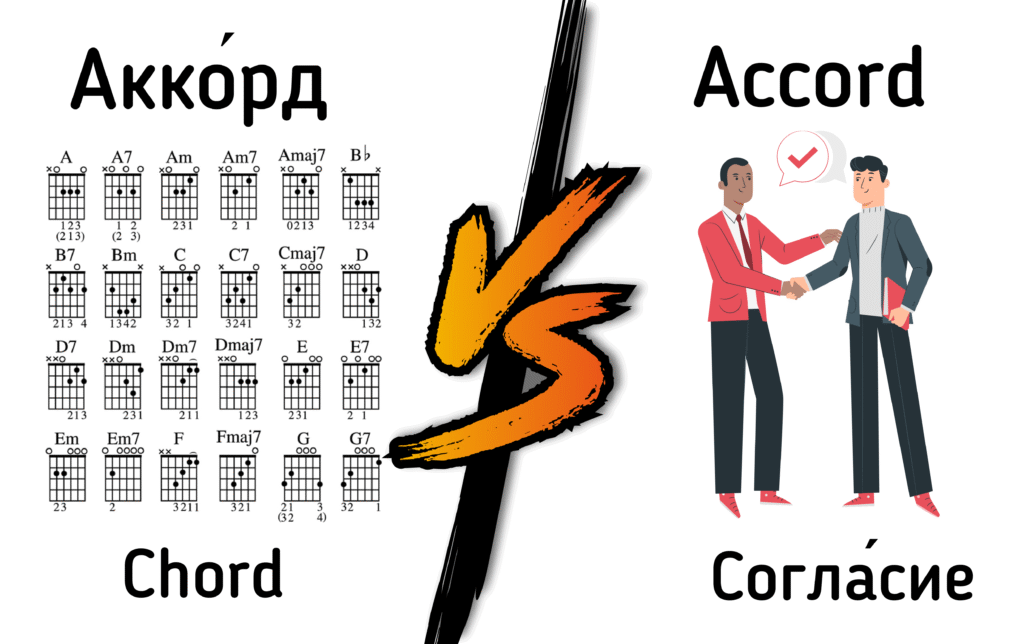
1. Акко́рд [akórd]– chord vs Accord – согла́сие [saglásiye].
Ex.: – Ну как ты играешь! Это же неправильный аккорд!
(How are you playing! This is a wrong chord).
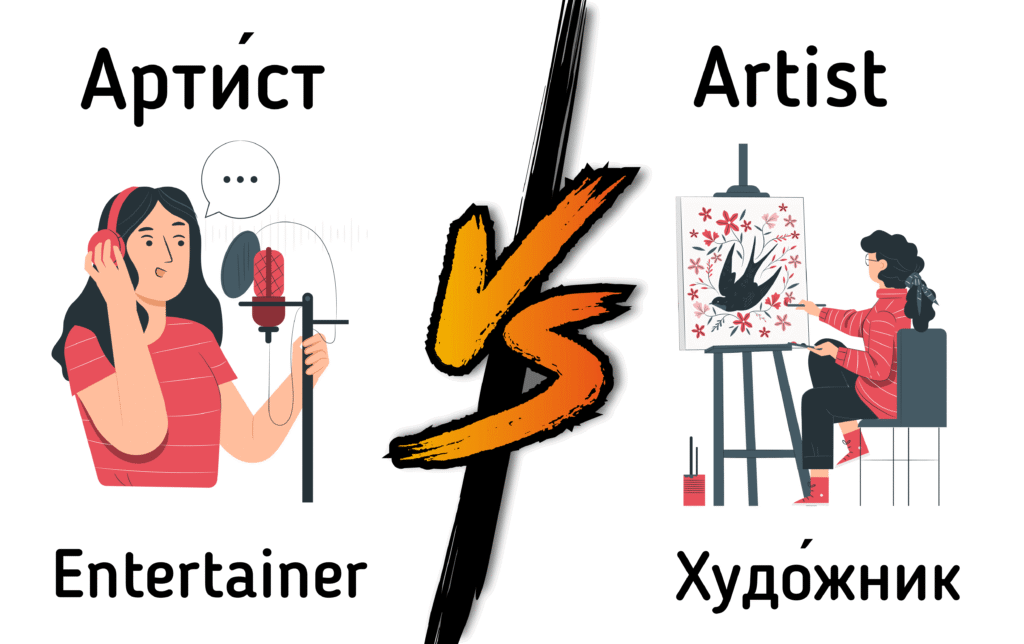
2. Арти́ст [artist]– entertainer vs Artist– худо́жник [hudozhnik].
Please, note that there are also feminine forms for these words: арти́стка / худо́жница (feminitives)
Ex.: – Он прекрасный артист и добрый человек! (He is a great entertainer and a kind person).
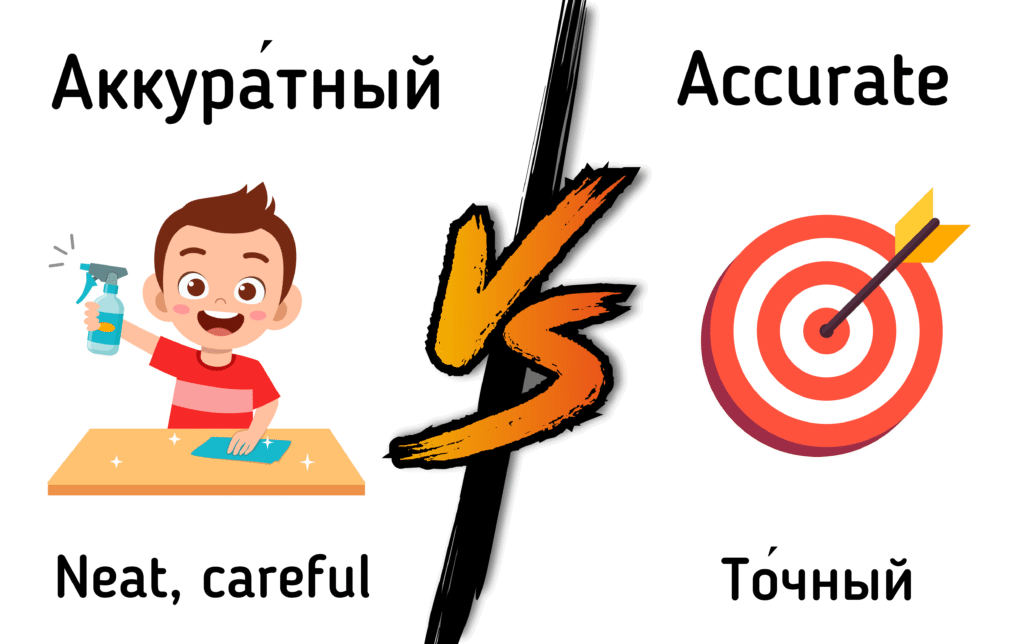
3. Аккуратный [artist]– neat, careful vs Accurate – точный [hudozhnik].
Ex.: Иван – аккуратный мальчик и любит чистоту (Ivan is very careful and likes when it’s clean).
Please, notice that аккуратнЫЙ is a masculine form of this adjective. Feminine form is аккуратнАЯ, neuter form is аккуратнОЕ, Plural form is аккуратнЫЕ
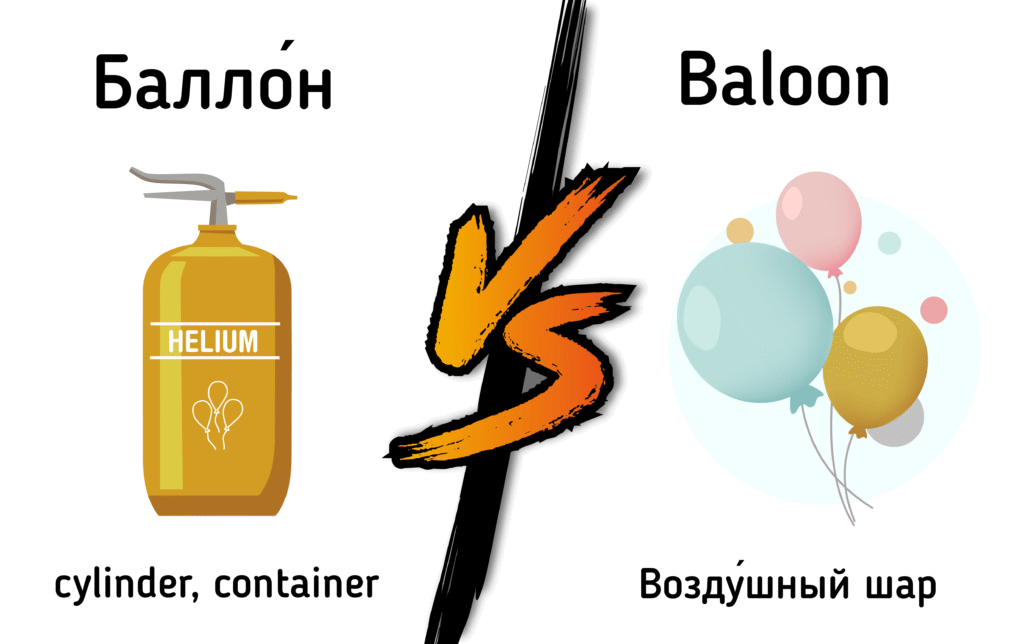
4. Балло́н [balon]– cylinder vs Baloon – возду́шный шар [vazdushnyi shar].
Ex.: У меня есть баллон с гелием. Давай надуем воздушные шары!
(I have a helium tank (container). Let’s inflate baloons).
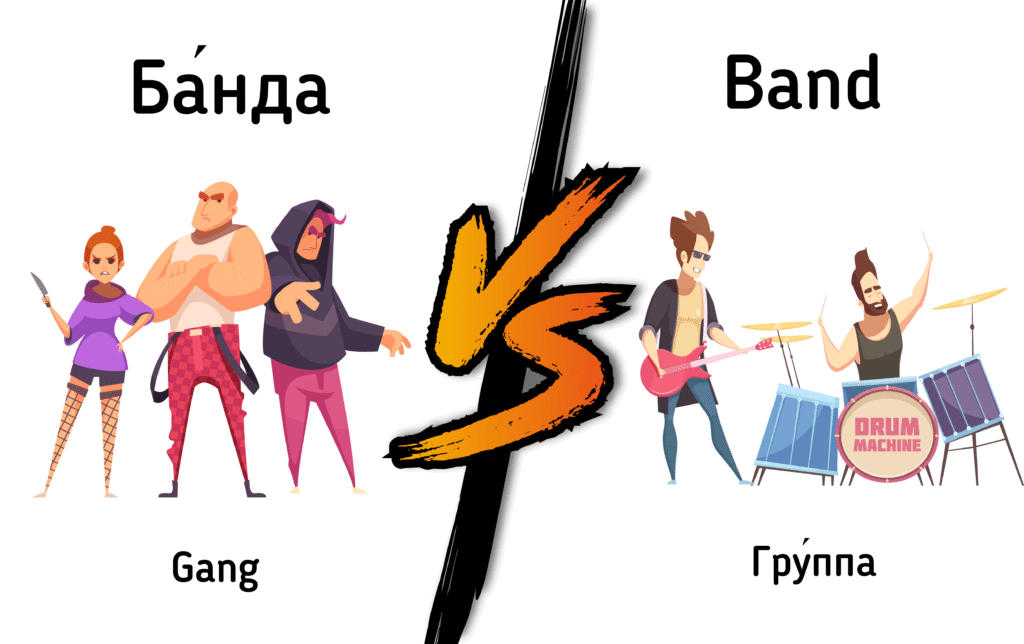
5. Ба́нда [banda] – gang vs Band – гру́ппа [grupa].
Ex.: Это опасная уличная банда (This is a dangerous street gang).
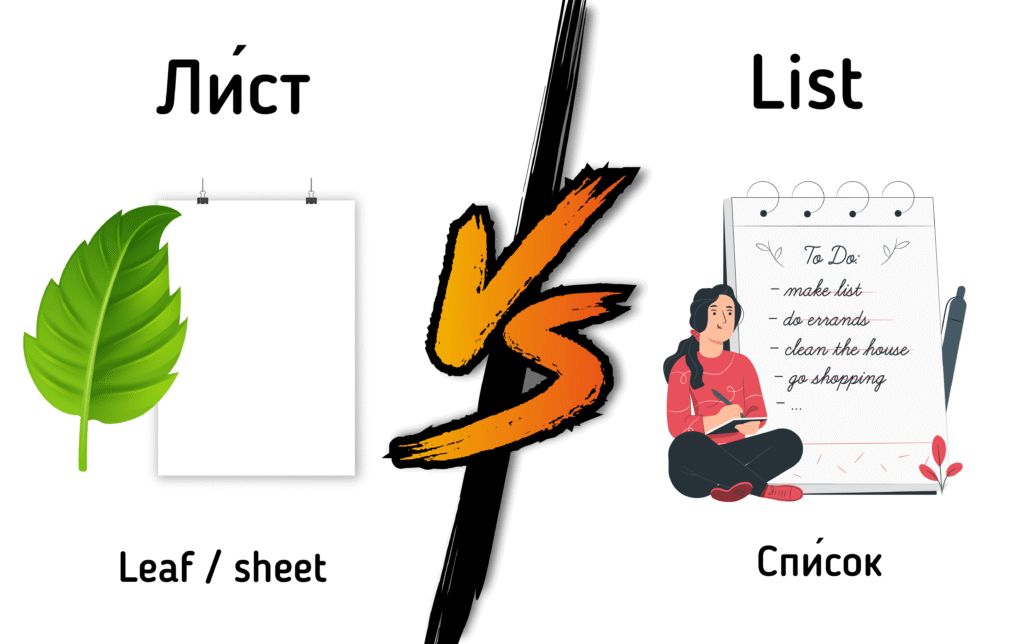
6. Лист [list] – leaf/sheet vs list – список [spisok].
Ex.: Дай мне, пожалуйста, лист бумаги.
(Give me, please, a sheet of paper).
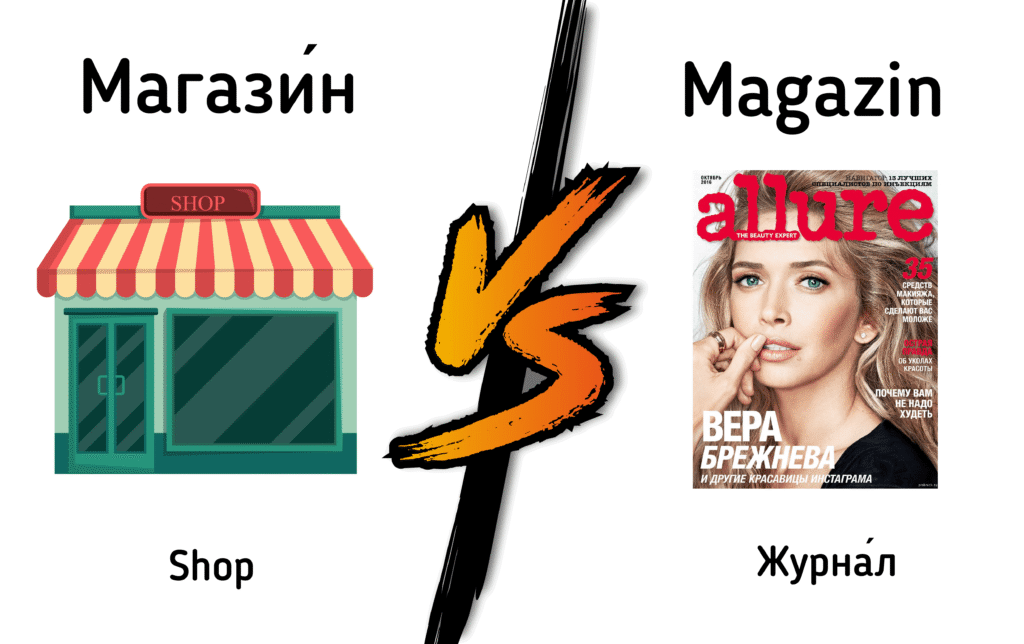
7. Магазин [magazin] – shop vs magazin – журнал [zhurnal].
Ex.: Мне нужно сходить в магазин, чтобы купить журнал (I need to go to the shop to buy a magazin)
If you want to learn more of these Russian-English false cognates, you can watch my video.
Learn Russian-English false friends
If you have recently started to learn Russian language, you should absolutely have my free guide ‘Essential Russian Words and Expressions to Understand Spoken Russian’.
It’s also very important to know how to pronounce Russian words correctly as not every Russian letter is pronounced the same way as it’s written. There are certain Russian pronunciation rules that are really easy to learn.
If you wish to speak Russian, you should absolutely learn how to use Russian cases. Check the most comprehensive guides to Russian cases:
